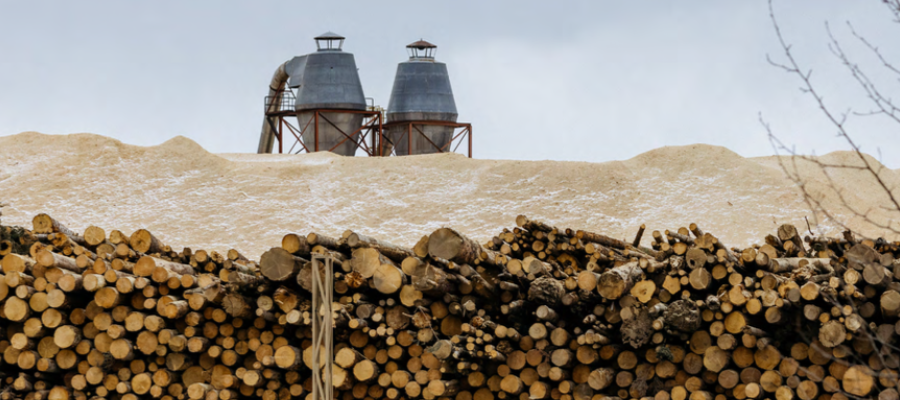Thanks for a great ride

Twenty years ago, an insect attack of biblical proportions in British Columbia’s forests became a hot-button topic.
Thanks to unusually warm winters (guess why), mountain pine beetles exploded in number in the province’s interior forests killing millions upon millions of lodgepole pine trees.
The provincial government responded by approving huge increases in logging so that economic value might be “salvaged” from the dead trees. But that decision was bound to come with a high price tag—vastly diminished forests in future years.
It was a fortuitous time to be writing about the topic and I was extremely fortunate to have the opportunity to do so in my new capacity as a resource policy analyst with the Canadian Centre for Policy Alternatives, BC Office.
That decision came with a high price tag—vastly diminished forests in future years.
My first report for the organization would flag significant concerns with the government’s approach and I would build on it subsequently with further research that raised alarm bells about the fundamentally unsustainable nature of the turbocharged extractive enterprise then well underway.
Those reports—like the work my super-talented and devoted fellow researchers do week in and week out—became part of the public conversation, were amplified in media reports and distributed widely by our allies.
I quickly appreciated that the CCPA’s work reached a wide and diverse array of people who regarded it as go-to information be it on anti-poverty issues, job precarity, climate change, housing, fair taxation, racial inequality, transit or other fronts.
For me—and I venture to say for my fellow researchers Marc Lee, Iglika Ivanova, Alex Hemingway and Véronique Sioufi—our proudest moments are when our work helps to bring individuals and organizations together in common cause.
For a number of years, Marc Lee was project director of the Climate Justice Project, a multi-year research initiative in partnership with the University of BC that was devoted to tackling two of the great challenges of our time: climate change and rising inequality.
An incredible body of work was generated under the auspices of that project thanks in no small measure to Marc’s jaw-dropping research output—what can the guy not do—and the efforts of many others at the CCPA–BC office, including then director Seth Klein and Shannon Daub, whose communications skills helped to significantly amplify that work.
I was able to make a small contribution to the overall output of the project’s research by writing a report that looked at how BC’s forests and forest product streams could be managed in ways that placed a priority on carbon storage.
Managing BC’s Forests for a Cooler Planet: Carbon Storage, Sustainable Jobs and Conservation would go on to be endorsed by the three unions representing workers in the province’s forest industry as well as prominent environmental organizations.
I leave the CCPA excited at the prospect of new adventures and secure in the knowledge that my CCPA comrades will continue their great work.
Today, a new and exciting multi-year research effort is underway: Understanding Precarity in BC, co-lead by Iglika Ivanova, a whip smart economist with one of the greatest laughs out there, and Dr. Kendra Strauss, a labour geographer and feminist political economist.
Under the auspices of that ambitious project, we can expect a body of work tackling the rise of precarious work in BC and how that trend might be reversed through changes in policy.

Ben Parfitt outside a new pellet-burning thermal electricity plant in Sendai. The giant silos will hold wood pellets imported from Canada and elsewhere. Photo: Conservation North.
As 2023 gave way to 2024, I entered my 20th year at the CCPA and decided it was time to retire and take some time off before resuming writing again. Fittingly, my last report for the CCPA closes a circle begun in 2005. Log it and burn it: Wood pellets, climate and BC’s deepening forest crisis, paints a picture both of a forest crisis underway and the tangible things we can do to set a new course.
I leave the CCPA both excited at the prospect of new adventures and secure in the knowledge that my many CCPA comrades will continue to do the great work that they do, work made possible by the thousands of people like you who call BC home and who have given so generously of time and funds to ensure that this great enterprise continues.
Topics: Climate change & energy policy, Environment, resources & sustainability


